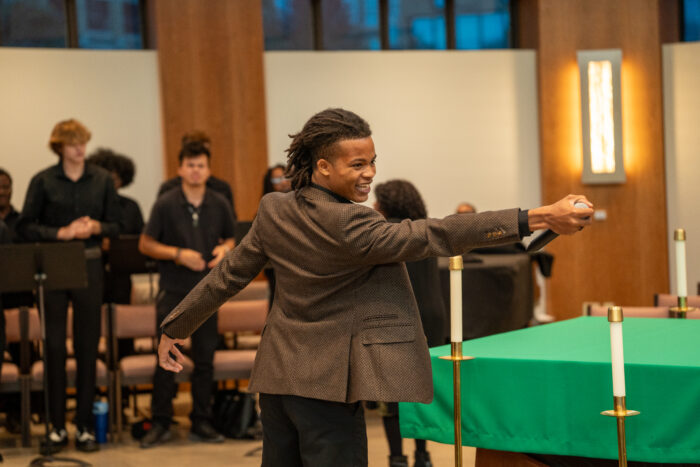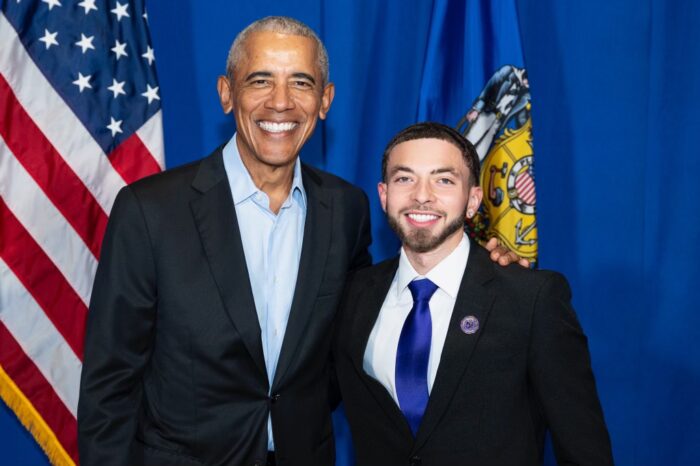This Q&A is part of the “Teaching Spotlight Series.” Hosted through the Center for Teaching and Learning, this interview series pays special attention to teaching as a profession and vocation at Marquette. All kinds of instructors and faculty will be profiled in this series. Graduate student instructors, new faculty, associate professors, adjunct or full-time participating faculty, staff who teach our students or part of a collaborative teaching core on campus: We want to shine a light on great things happening everywhere on campus!
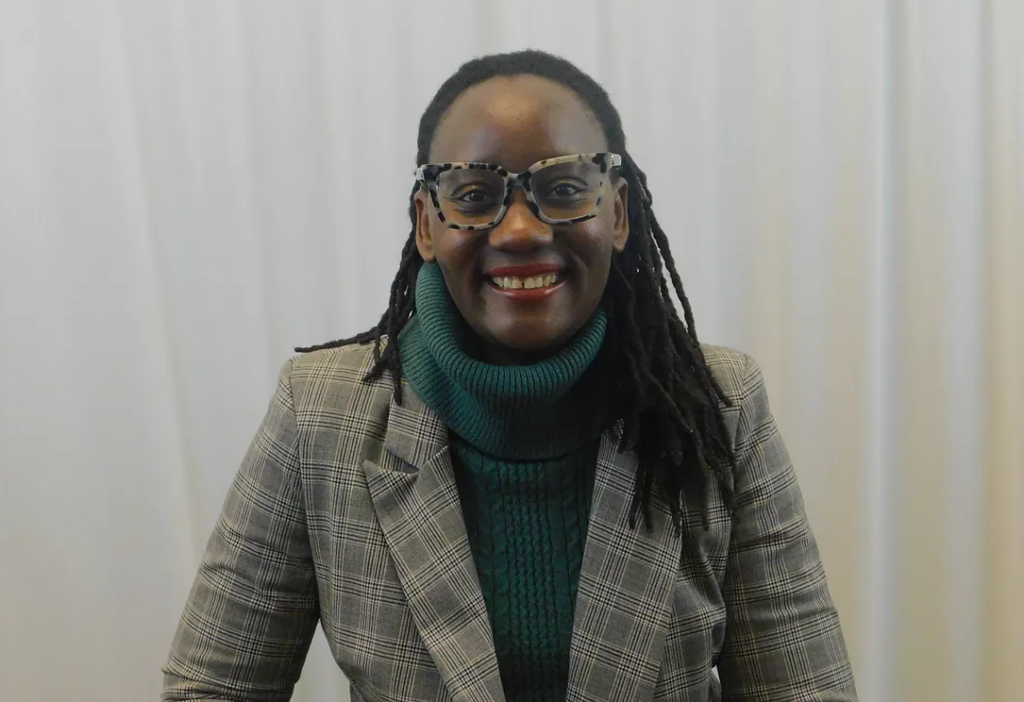
Janet Gabone
Graduate and research assistant
Educational Policy and Leadership
College of Education
At Marquette since 2020; teaching at Marquette since Spring 2023
What led you to teaching as your career or part of it?
I began my teaching career 15 years ago after completing a Bachelor of Arts with Education from the University of Dar es Salaam in Tanzania and proceeded to work as a full-time English language teacher at my alma mater, Loyola High School, a Jesuit Catholic school. I considered working for my school an opportunity to do meaningful work for and with young people. As an alumna, I was better positioned to journey with the youth as they discover who they are and explore ways in which they can live joyfully in what they are enthusiastic about. Additionally, I was and still am convinced that accompanying the youth on their journeys would equally impact me as a person and a professional. Finally, I love meaningful conversation, which is what my encounters in the teaching profession have provided me. From these conversations I draw relevant lessons for my personal and professional development.
What have you learned about yourself and/or your discipline through your teaching?
One of the lessons from my education as a student and teacher in my undergraduate and graduate studies at the University of Dar es Salaam, Tanzania, was how significant it is for teachers to pay attention to the needs of their students. I was trained to believe that paying attention to the needs of students provides appropriate guidance on how such needs can be met. Keeping that in mind, I have found myself constantly thinking of creative ways to meet the needs of my students. As a result, I realized that my titles as an english language teacher then and a graduate teaching assistant now provide me access to the needs of students not just as learners of what I teach but also as persons who are pursuing their own purposes.
My role, therefore, is to leverage the access I have and ensure that they are equipped with the appropriate resources for their next steps.
What do you want to explore next as an educator, and why?
I am currently pursuing a Ph.D. in educational policy and leadership and working both as a research and teaching assistant. What I am learning in both spaces has prompted me to consider working in higher education for three reasons. First, my interaction with college students has reminded me of the joy I find in teaching. Second, the training I have had so far in my position as a research assistant has deepened my interest in research. I would love to continue doing research after completing my dissertation. Finally, having had the opportunity to serve in different leadership positions in education has made me inquisitive about experiences of women leaders. This explains why my current research is focused on women leaders in higher education. I consider myself a novice higher education professional; thus, this research is an exciting opportunity for me to learn more about women leaders as well as orienting myself about higher education as an organization.
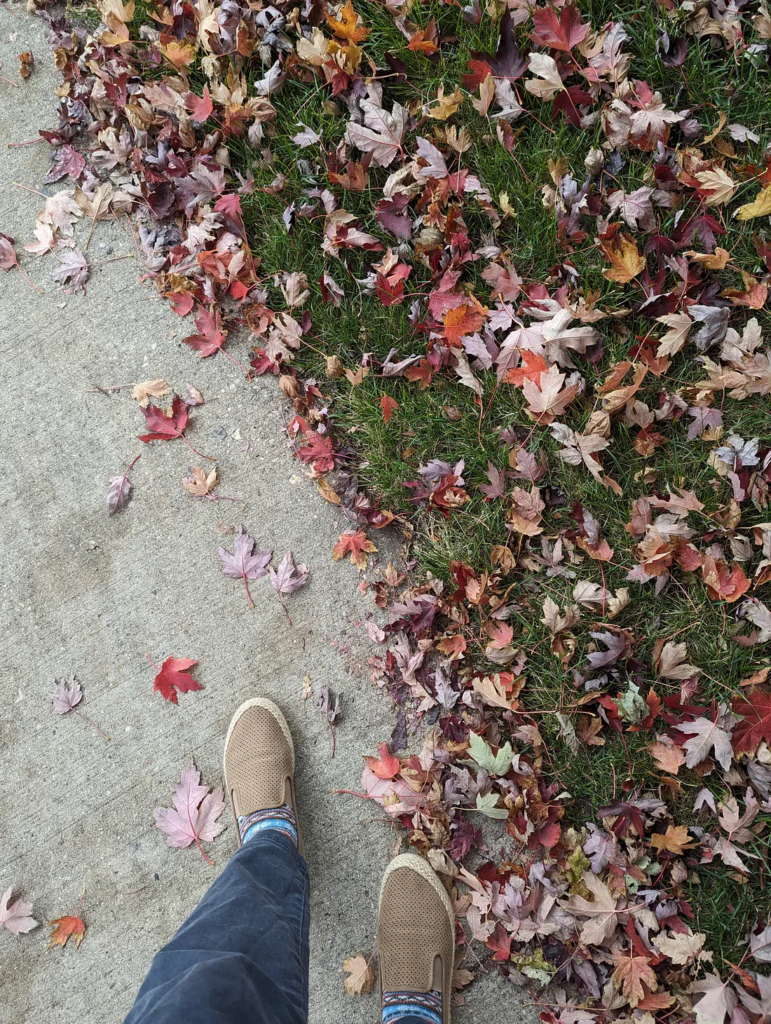
Please share a memorable teaching or learning experience you’ve had.
I have encountered students who are so enthusiastic about learning and deeply committed to their role as students that I am challenged to do more for them and those in their classroom. For example, recently a student came to see me at the end of class to apologize for not being as engaging as they often are in the classroom. I find such experiences to be both affirming and challenging since they remind us that students will match the energy we bring to the classroom and challenge us to bring our best and authentic self in such spaces.
What have you learned from your teaching journey?
The classroom is probably the only space in the world where a person can make mistakes repeatedly.
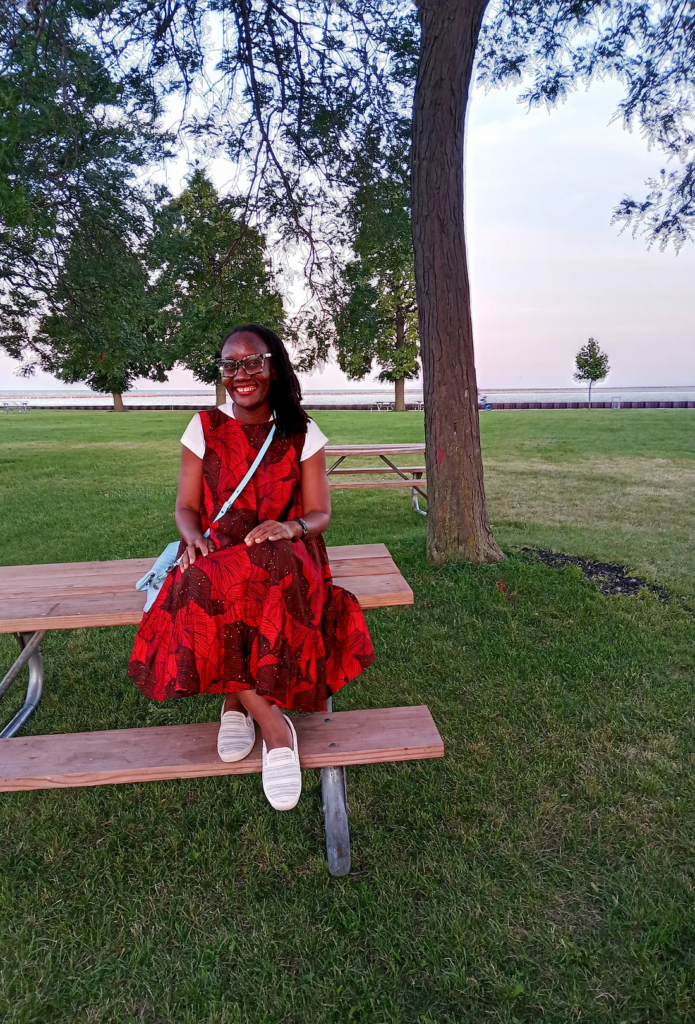
When do you feel like or know that you’ve succeeded as an educator?
Whenever I receive a note of gratitude from my former students, I feel that I have succeeded as a teacher. These gratitude notes are often very specific to an incident or experience where they feel that I provided them the relevant resources and guidance to succeed in their next steps.
Non-astonishing teaching tip time! Please share one favorite thing you do in class or with your students that you think everyone should try. Limit yourself to three sentences.
One of the challenges to learning is the fear of making mistakes. I like to use the classroom to demonstrate that making mistakes is part of learning. This is why I commit to learning the names of my students from the first day of class knowing that I take a while to get people’s names correctly. I appreciate how students wait patiently for me to mention their name when they raise their hands to take part in the class discussion as it reveals that they are giving me permission to learn.
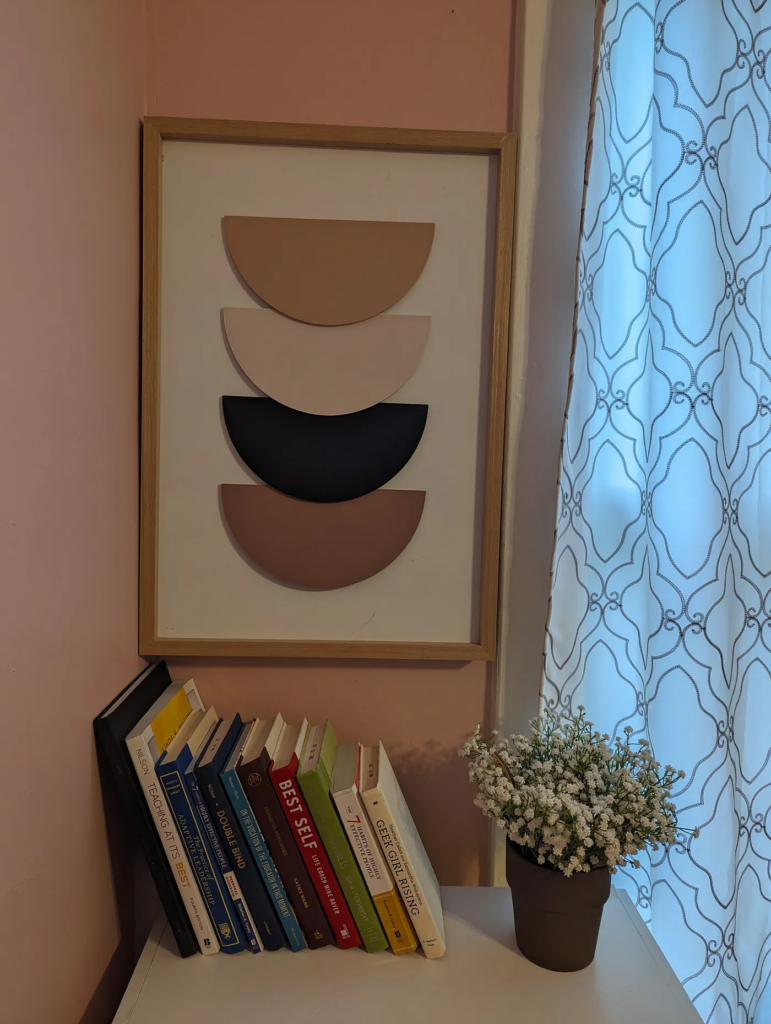
If you would like to recommend someone you know (or yourself!) to be profiled in this series, email ctl@marquette.edu. Please provide a very brief description about the educator and/or why you think they should be highlighted. After consideration, the CTL will contact your nominee to start the interview process, which will entail the educator responding in writing briefly to different interview questions from a menu of choices.
